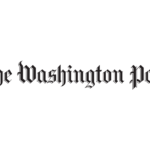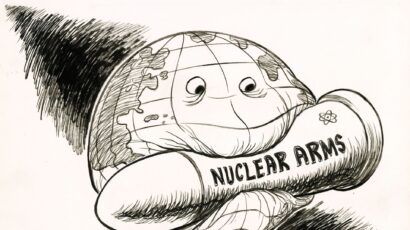Nuclear energy 2011: A watershed year
By Mark Hibbs | January 1, 2012
2011 was a watershed for nuclear power. In March, all eyes focused on Japan, where the world’s third severe accident at a nuclear plant unfolded. The accident at the Fukushima Daiichi Nuclear Power Station will have a paradigm-changing impact on the global future of nuclear energy, though its scope and direction still remain to be seen. The author reviews reassessments undertaken around the world after the accident in Japan and underlines Europe’s critical role in whether the future of nuclear energy will be global. Japan’s nuclear safety shock was sudden and dramatic. But 2011 also witnessed an incremental escalation of continuing crises in North Korea, Iran, and South Asia in the absence of effective global nuclear governance. The author points to the politicization of the International Atomic Energy Agency, its limited authority, and the inability of major powers to cooperate effectively as reasons that nuclear governance remains ineffective. This breakdown in global nuclear governance will also challenge the Nuclear Suppliers Group, which sets the rules for nuclear commerce. The author reflects on 2011 and highlights what to look out for in 2012.
Together, we make the world safer.
The Bulletin elevates expert voices above the noise. But as an independent nonprofit organization, our operations depend on the support of readers like you. Help us continue to deliver quality journalism that holds leaders accountable. Your support of our work at any level is important. In return, we promise our coverage will be understandable, influential, vigilant, solution-oriented, and fair-minded. Together we can make a difference.
Issue: Bulletin of the Atomic Scientists Volume 68 Issue 1
Keywords: Fukushima, IAEA, Iran, North Korea, Nuclear Suppliers Group, Pakistan, governance, nuclear energy
Topics: Uncategorized















